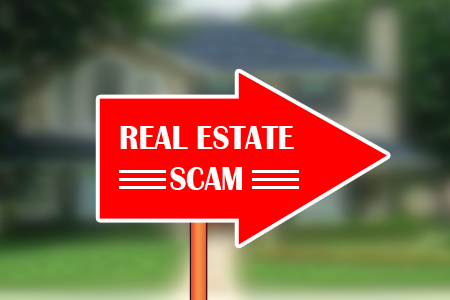In Nigeria’s booming real estate market, projected to reach $1.5 trillion by 2030, investors and wealth managers face growing risks from sophisticated scams. With fraud cases rising 25% in 2024 alone, protecting your investments is crucial for long-term wealth building. At Penlit & Greyson Legal Practice, a trusted law firm specializing in real estate and wealth management, we provide expert legal services to safeguard your assets. This guide outlines common real estate scams in Nigeria and essential legal steps to avoid them, ensuring your wealth management strategy remains secure.
Common Real Estate Scams Targeting Wealth Managers and Investors
Real estate fraud often exploits trust in high-value transactions, leading to significant financial losses. Here are prevalent scams in Nigeria for 2025:
- Fake Title Documents: Scammers forge ownership papers like Certificates of Occupancy or Deeds of Assignment. Buyers pay for non-existent or disputed properties, losing millions.
- Omonile (Land Grabber) Fraud: Self-proclaimed landowners demand extra fees post-purchase, claiming ancestral rights. This “double-dipping” scam affects urban developments in Lagos and Abuja.
- Too-Good-to-Be-True Deals: Properties sold at below-market prices often hide liens or illegal status. Diaspora investors are prime targets due to remote dealings.
- Agent Impersonation: Fraudulent agents use fake credentials to collect deposits without legitimate listings.
- Upfront Payment Traps: Requests for full payment before verification, often via untraceable methods, lead to vanishing sellers.
These scams erode wealth management portfolios, with victims losing an average of ₦50-100 million per incident. Early detection through legal due diligence is key.
Legal Steps to Avoid Real Estate Scams in Wealth Management
Proactive legal measures can mitigate risks. Follow these steps, grounded in Nigerian law like the Land Use Act of 1978 and anti-fraud regulations:
- Verify Ownership and Title Documents: Always request originals and cross-check at the state Land Registry. Use a lawyer to conduct a search for encumbrances or disputes.
- Conduct Thorough Due Diligence: Physically inspect the property and confirm zoning compliance. Engage surveyors to validate boundaries and avoid “Omonile” claims.
- Research Sellers and Agents: Check credentials via the Nigerian Bar Association or Estate Agents Registration Board. Avoid unverified intermediaries.
- Use Secure Payment Methods: Opt for installments via escrow accounts. Never pay upfront in full; structure deals with milestones tied to verifications.
- Draft Ironclad Contracts: Include clauses for refunds on failed verifications. Consult lawyers for anti-fraud protections under Nigerian contract law.
- Report Suspicious Activity: If fraud is suspected, notify the Economic and Financial Crimes Commission (EFCC) promptly to recover funds.
- Incorporate Technology: Use blockchain for title verification or AI tools for fraud detection in wealth management platforms.
These steps align with global best practices, such as those from the FTC, adapted for Nigeria’s context.
The Role of Legal Experts in Real Estate Wealth Management
In wealth management, real estate forms 30-50% of high-net-worth portfolios in Nigeria. Legal firms like Penlit & Greyson provide end-to-end support:
- Due diligence and title searches.
- Contract drafting and negotiation.
- Fraud recovery litigation.
- Advisory on tax-efficient structures.
Our team ensures compliance with laws like the Money Laundering (Prohibition) Act, protecting against scam-related liabilities.
Secure Your Investments Today
Avoiding real estate scams requires vigilance and professional guidance. By following these legal steps, you can safeguard your wealth management goals in 2025. Contact Penlit & Greyson Legal Practice for a free consultation on real estate due diligence. Visit our website or call today to protect your assets from fraud.



